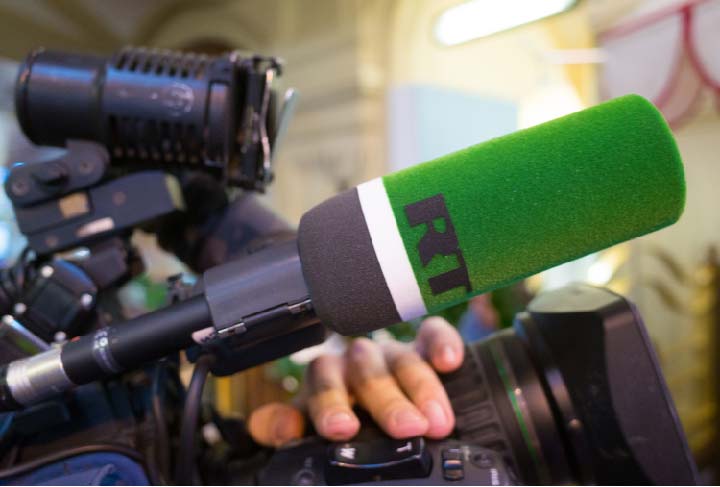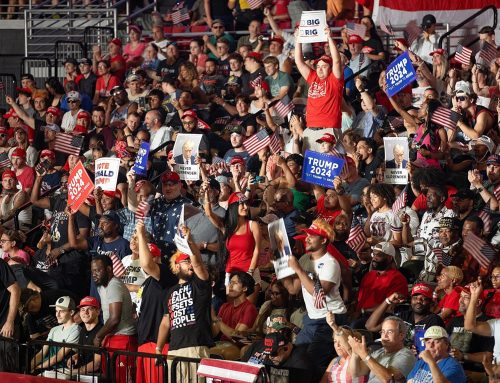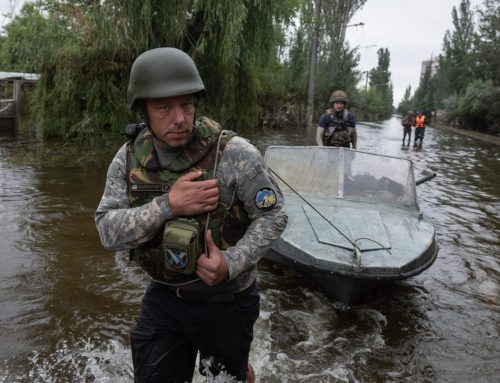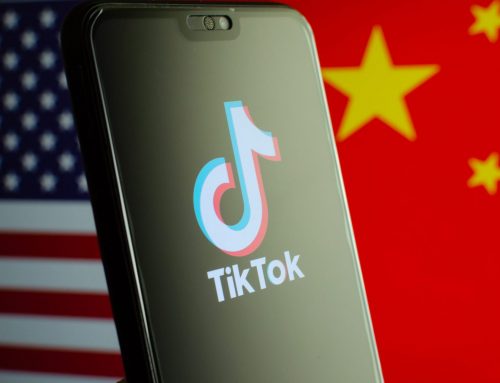Last week, Russian state media and diplomats highlighted various instances of alleged censorship by social media companies—a recurring theme in Russia’s external messaging. State media cited Twitter’s ban of Project Veritas as an example of politically biased censorship, with RT featuring various other supposed examples. Meanwhile, over the weekend, Russian diplomats were up in arms over the temporary suspension of the Russian Delegation to the Negotiations on Military Security and Arms Control in Vienna’s Twitter account, with state media amplifying their claims. Continuing the prior week’s celebration of a Lancet article that reported positively on the efficacy of Russia’s Spuntik V vaccine, Russian state media emphasized EU receptiveness to the vaccine and the change in reception after the article’s publication. Media and diplomats also continued to mark positive Sputnik V developments, while highlighting issues, controversies, and potential side-effects, including post-vaccination infections, associated with Western vaccines. A small amount of criticism targeted Ukraine for banning Russian vaccines. Russian state media coverage of former president Trump’s second impeachment trial was largely factual, if at times sensationalized. As is customary, Russian state media outlets highlighted controversial takes advanced by U.S. domestic actors, with RT in particular playing up U.S. polarization. Finally, Russian diplomatic accounts marked their Diplomats’ Day (February 10) with a spate of standard public diplomacy messaging, along with at least a couple Tweets that took jabs at the West.
Following weeks of steadily mounting hostility against the BBC, the Chinese government announced last Thursday that the channel would be banned from broadcasting in China (see ASD’s tweet thread on the announcement). The next day, Hong Kong’s public broadcaster RTHK announced it would stop relaying BBC on its outlets. In total, “BBC” was mentioned 130 times last week by the Chinese accounts monitored on Hamilton 2.0. About half of those mentions (58) were made on the days that preceded the ban; although, the most engaged-with tweets were stories covering the ban. “Xinjiang” was the word most frequently associated with the Chinese network’s tweets about the BBC, and the region was the subject of the most-viewed Chinese state media video on YouTube: “Xinjiang training center graduates react to claims of forced sterilization, rape.” The concerted effort to push back against the BBC’s coverage of human rights abuses in Xinjiang strongly suggests the reason behind the removal of the British broadcaster from Chinese airwaves. In other news last week, media outside of China reported that several Central and Eastern European countries taking part is China’s 17+1 forum had downgraded the level of their delegations after years of being disappointed by the lack of Chinese investment in their economies. While Chinese state media carefully avoided mentioning the downgrade, they focused instead on Serbia’s continued commitment to the format. Two of the ten most-retweeted tweets of the week, as well as one of the ten most-viewed Chinese state media videos on YouTube, relayed the Serbian president’s excitement ahead of Chairman Xi’s speech. Finally, after The New York Times and Wall Street Journal ran stories questioning the level of access granted to WHO experts during their investigation of the coronavirus’ origin, Chinese state media seized on the rebukes of several WHO officials to accuse the outlets of bias. There was some hesitation in how aggressively to frame the WHO officials’ rebuke, as a CGTN article was edited from “WHO mission member says ‘don’t rely’ on U.S. virus intelligence” when it was first published on February 10 to “China calls on U.S. to invite WHO experts to study origins of coronavirus” a few hours later. Not to let a good opportunity go to waste, Chinese diplomats also included an obligatory reference to the need for U.S. officials to open Fort Detrick to WHO experts, yet again recycling an oft-promoted conspiracy theory.
On the Iranian dashboard, the supreme leader continued to use his various accounts to tweet about the imminent decline of the United States, with a special emphasis on celebrating the end of Trump’s presidency. In some cases, Iranian castigations were explicitly tied to American and European demands that Iran return to JCPOA compliance before receiving sanctions relief. As with last week, the Iranian diplomatic corps continued to celebrate the 42nd anniversary of the Islamic Revolution on Twitter. Use of the #IRI42 dwarfed all other hashtags last week, and Iran was mentioned far more often than usual relative to other countries. Many embassy accounts tweeted out their own versions of an MFA statement celebrating Iran’s rejection of the “patron-client systems” and its support of a world “free from coercion and intimidation.”
The views expressed in GMF publications and commentary are the views of the author alone.








